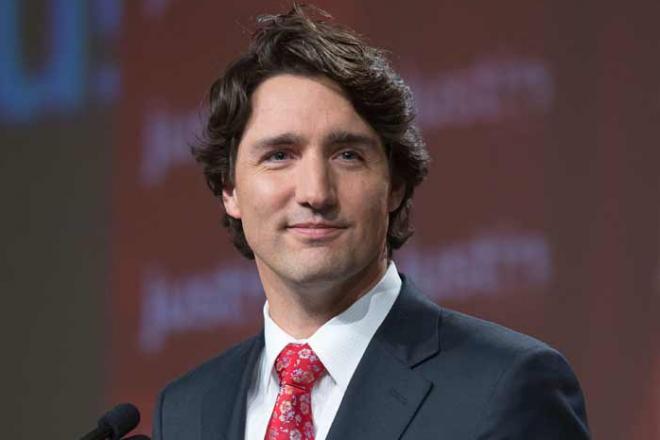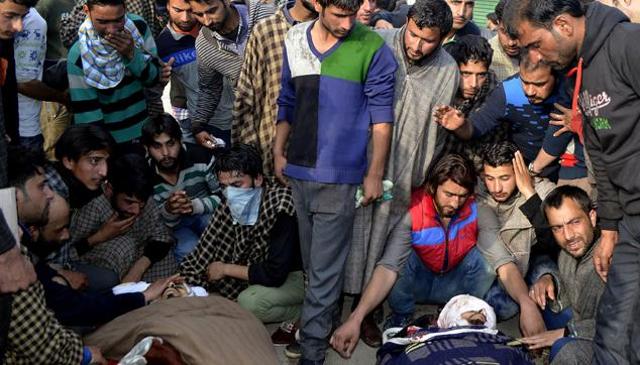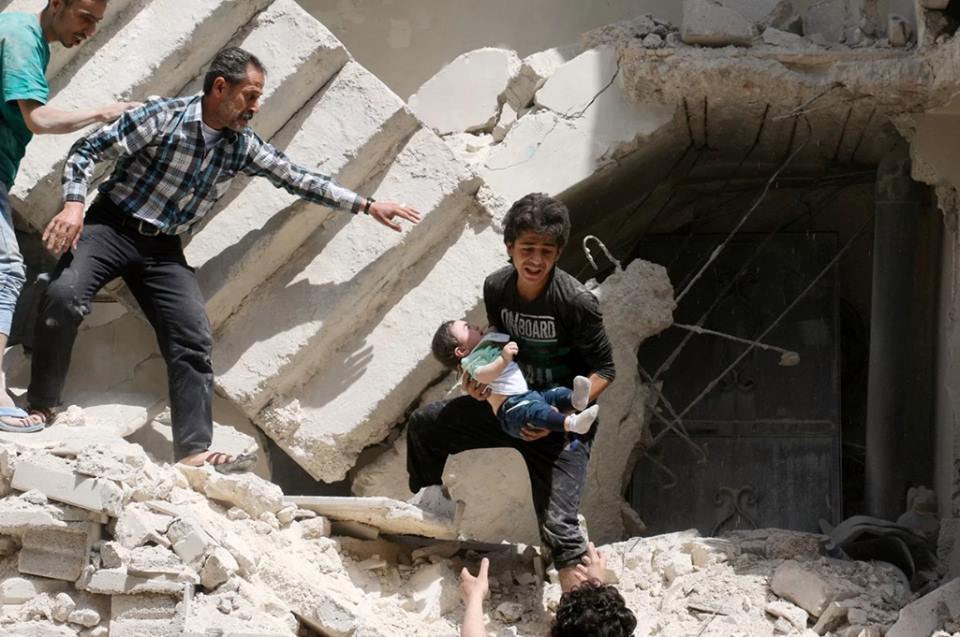Vijay Prashad
On March 3, assassins entered the home of Berta Caceres, leader of Honduras’ environmental and indigenous movement. They shot her friend Gustavo Castro Soto, the director of Friends of the Earth Mexico. He pretended to be dead, and so is the only witness of what came next. The assassins found Berta Caceres in another room and shot her in the chest, the stomach and the arms. When the assassins left the house, Castro went to Berta Caceres, who died in his arms.
Investigation into the death of Berta Caceres is unlikely to be conducted with seriousness. The Honduran government suggested swiftly that it was likely that Castro had killed Berta Caceres and made false statements about assassins. That he had no motive to kill his friend and political ally seemed irrelevant. Castro has taken refuge in the Mexican embassy in Honduras’ capital, Tegucigalpa. He continues to fear for his life.
Berta Caceres led the Popular and Indigenous Organisations of Honduras (COPINH), one of the most important critics of government and corporate power in her country. Most recently, she and COPINH had taken a strong stand against the construction of the Agua Zarca dam on a river sacred to the indigenous Lenca community. This dam had occupied her work. It was not merely a fight against an energy company, it was a fight against the entire Honduran elite.
Desarrollos Energeticos, SA (DESA) is owned by the Atala family, whose most famous member is Camilo Atala, who heads Honduras’ largest bank, Banco Ficohsa. By all indications, the Atala family is very close to the government. When the military moved against the democratically elected government of Manuel Zelaya Rosales in 2009, the Atala family, among others, supported the coup with their means. The Honduran sociologist Leticia Salomon listed this family among others as the enablers of the coup. They backed the conservative National Party, which now holds the reins of power alongside the military. Berta Caceres’ fight against the Agua Zarca dam, then, was not merely a fight against one dam. It was a battle against the entire Honduran oligarchy. Her assassination had, as her family contends, been long overdue.
Zelaya’s Honduras
Dario Euraque had been the Director of the Honduran Institute of Anthropology and History from June 2006 to the coup of September 2009. President Zelaya appointed Euraque with a clear mandate to change the culture of Honduras. He wanted to widen the cultural boundaries of the country to put the indigenous people at its centre and address their needs and ambitions. Euraque, a historian of Honduras, had already immersed himself in the world of the indigenous people. In his 2010 memoir of the coup, titled El golpe de Estado del 28 junio de 2009, Euraque explains that with encouragement from Zelaya he “advanced a more novel and democratic cultural policy” which “explicitly linked cultural heritage with strengthening the national identity of our country”.
“I met Berta [Caceres] in 1995 in La Esperanza, the city where she was murdered,” Euraque told this writer recently. “I interviewed her and her then husband, Salvador Zuniga, for a book about the ethnohistory of Honduras.” When Euraque took over the Honduran Institute, he “promoted cultural policies and projects that empowered Lenca people in the region where COPINH worked”.
Euraque and his team as well as Berta Caceres and COPINH faced harassment from the local opposition. “Our progressive policies of fomenting culture as social and political power,” said Euraque, “was part of a general commitment of President Zelaya to empower [the] Honduran people in ways that would transform the corrupt political culture and political system that [has] made Honduras one of the poorest countries in the Americas.”
As part of his commitment to the indigenous legacy of Honduras, Zelaya had halted most hydroelectric projects. This was one of the reasons why the Honduran business elite despised him. But it was not the only reason. Zelaya began his political career as a liberal, but as president he drifted closer and closer to the world view of leaders such as Hugo Chavez of Venezuela, Raul Castro of Cuba and Evo Morales of Bolivia. Association with this Leftist movement in the Americas drove a humane agenda for Honduras. Zelaya’s government offered free education and school meals to children, provided subsidies to small farmers and free electricity to the poor, reduced interest rates and increased the minimum wage. This was a broad democratic process that earned Zelaya the love of his people, but the hatred of the elite and, consequently, the United States government.
Coup by oligarchy
The Business Council of Latin America and the Association of Honduran Manufacturers began an all-out war against Zelaya, who faced a hostile media as well as a hostile opposition in the Congress. Zelaya’s attempt to revise the conservative 1982 Constitution provided his enemies with an opportunity. On the pretext of legal irregularities, the military moved against Zelaya, arresting him on June 28, 2009. He was exiled to Costa Rica. His allies did not get the same courtesy. The military and the opposition went on a rampage against Zelaya’s base, hitting them hard with violence and prison.
The deaths came one after another: Vicky Herhandez Castillo, a transgender activist in San Pedro Sula; Mario Contreras, director of the Instituto Abelardo Fortin in Tegucigalpa; Antonio Levia, a Lenca leader of the National Front of Resistance in Santa Barbara; and a youth leader of the Resistance, Pedro Magdiel Munoz in Tegucigalpa. Euraque and his family fled to the U.S. Repressive laws came from above as the coup government provided amnesty for its forces. The coup government did what the Business Council and the Association of Honduran Manufacturers wanted. It removed Zelaya, repressed the popular movements, and handed Honduras over to the propertied elite.
U.S. Ambassador to Honduras Hugo Llorens wrote a cable shortly after the coup, in which he wrote that “there is no doubt” that Zelaya’s removal “constituted an illegal and unconstitutional coup”. He was ignored. Secretary of State Hillary Clinton’s long-time friend and ally Lanny Davis had been the Washington lobbyist of the Honduran business community. Through Davis, Hillary Clinton made contact with one of the conspirators of the coup, Roberto Micheletti. She would later write in her book, Hard Choices, that her government helped push the Honduran elite to give legitimacy to the new government through elections, “which would render the question of Zelaya moot”. The U.S., the main patron of the Honduran elite, backed the coup and increased military aid to the new government.
The historian Dana Frank has been a long-time critic of U.S. intervention in Honduras. She told this writer that the U.S. not only actively ensured that “the coup succeeded and stabilised” but that it continues to legitimise, “celebrate and shore up the post-coup regime devastating Honduras”. Dana Frank has hard words not only for Washington but also for Tegucigalpa. She said: “The U.S. bears direct responsibility for the terrifying crisis in Honduras today, in which Juan Orlando Hernandez’s U.S.-supported dictatorship runs roughshod over the rule of law, robs the public coffers blind, and allows security forces and death squads to kill human rights defenders and social justice activists with near-complete impunity.”
Berta Caceres’ mother, Austra Bertha Flores Lopez, released a public letter a month after her assassination. “I ask you to keep strongly supporting me to achieve justice,” she wrote, “and stop the impunity in a country so hard hit by oppressive political violence against people who work to construct a more just and humane society.”
COPINH members said that they had been under threat of violence and persecution for their work. The Honduran army, they said, had a hit list of critics of the regime. Berta Caceres had been on that list, as had many others killed over the past seven years. “Every human rights defender in Honduras knows he or she can be killed at any moment,” Dana Frank said.
What this culture of impunity has produced, according to Euraque, “is the complete destruction of the country’s social and cultural fabric, contributing to never-before-recorded deterioration of mental health problems, intra-family violence, all with the collusion of a corrupt judiciary and state.” It is not easy for Euraque to say these things. He is a patriot of his country, which is being murdered before his very eyes.



